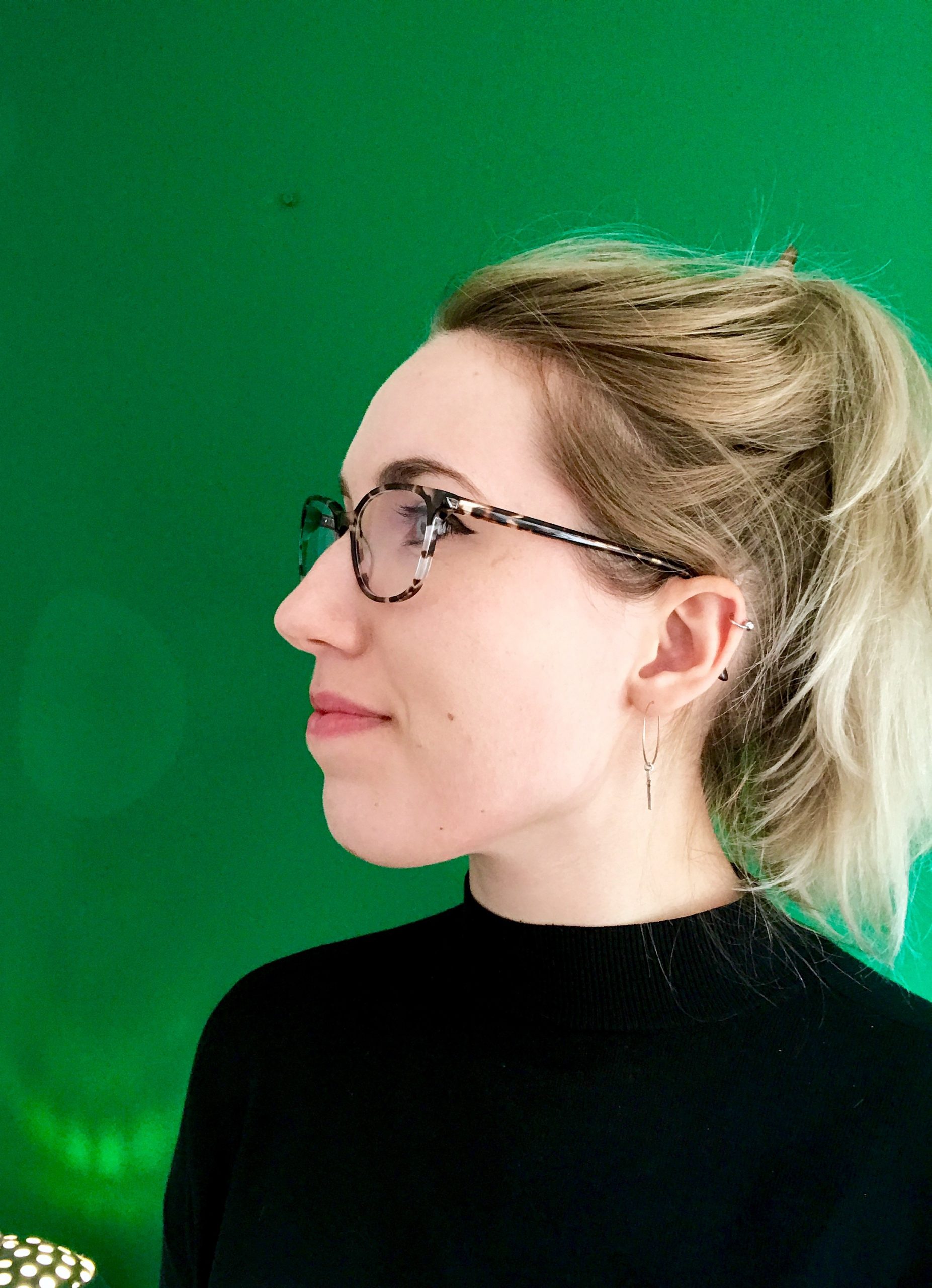A campaign launched this week, backed by MPs and lawyers, seeks to stop the use of creative and artistic expression as evidence in criminal trials.
Art Not Evidence have written an open letter to the Justice Minister calling for law reform to stop the criminalisation of rap and drill music, and creative expression more broadly. This follows the controversial use of rap lyrics and videos in criminal prosecutions, including notoriously, the case of ten Manchester teenagers convicted for conspiracy to murder and GBH after a shared interest in drill music featured prominently in their trial.
Research from the University of Manchester reveals 240 people have had rap music used as evidence against them in a criminal trial in the UK in the last three years.
The open letter, supported by human rights organisations, community groups and musicians, says police and prosecutors currently use the act of ‘writing, performing, or even engaging with rap music’ to suggest ‘motive, intention, or propensity for criminal behaviour.’
They suggest the use of rap and drill music in particular perpetuates harmful racial stereotypes and risks causing miscarriages of justice. This has particularly been the case in Joint Enterprise convictions where music has been used to ‘drag multiple people into criminal charges’, often under the guise of so-called ‘gang activity’.
Reporting from the Justice Gap found rap music was used ‘almost exclusively’ as evidence against ‘Black young men and boys accused of serious offences in urban areas’ and usually London.
The campaign has already been backed by Nadia Whittome, Baroness Shami Chakrabarti, John McDonnell and Zarah Sultana, and is supported by English PEN, Liberty, JUSTICE. The open letter has also been signed by figures in the creative industries including Annie Mac, and top barristers.
Speaking to the Guardian, barrister Keith Monteith described his reaction when rap lyrics were presented as evidence by the prosecution in a case he was working on: ‘As a criminal barrister, I couldn’t believe that prosecution in a murder case was relying on music … rap is music, it’s lyrics, it’s freedom of speech. It’s art and not evidence. In a murder case, we should be focusing on forensics, eyewitnesses, on CCTV.’
Baroness Chakrabarti told the Guardian the criminalisation of creative expression is ‘totally ludicrous and dangerous for public confidence’.
Speaking at a Society for Labour Lawyers event at this year’s labour party conference, Lucy Powell MP, who supported many of the families of the Manchester 10 said the use of drill music ‘builds up a picture of a group of young people being a gang’.
‘They do that by building up a narrative around the neighbourhood; around their ethnicity. ‘Of course they must be in a gang [because they are] young Black people from an inner city who share an interest in music that has lyrics that purport to be about gang affiliation.’
This campaign follows similar efforts in the US to stop the use of music, lyrics and other creative expression in criminal courts. Protect Black Art, a project supported by high profile artists and record labels, say the practice is ‘racially targeted’ and ‘punishes already marginalised communities’. They cite a recent case in Fulton County, Georgia, where members of a record label, including a Grammy award-winning artist, were accused of being in a criminal gang. In the indictment the prosecution used the artists’ lyrics, including ‘I get all type of cash, I’m a general’ as evidence of a criminal conspiracy.
A Bill banning the use of artistic expression in criminal trials has been passed in California, and similar legislation is being considered in New York and New Jersey, alongside the ‘Restoring Artistic Protection’ Act introduced in the US Congress.








